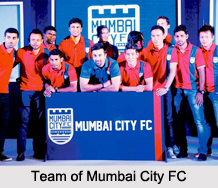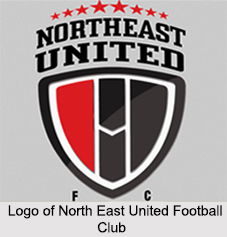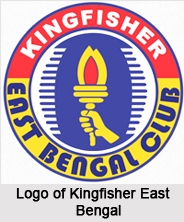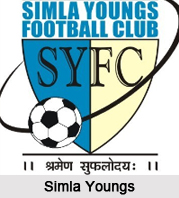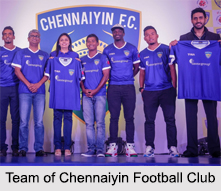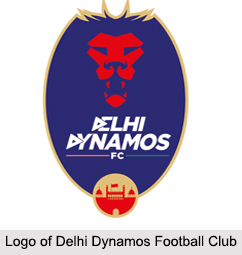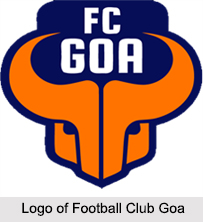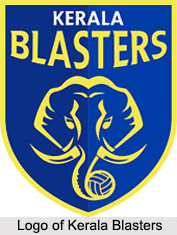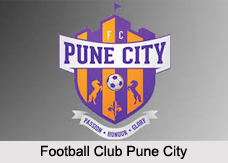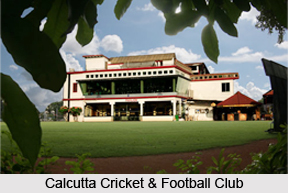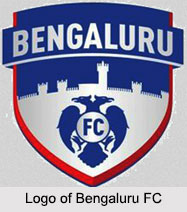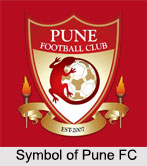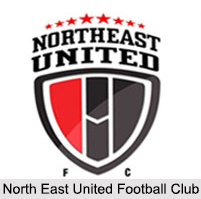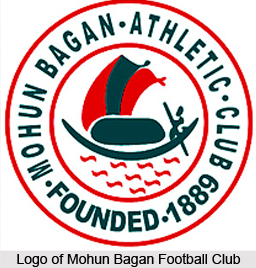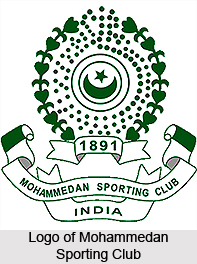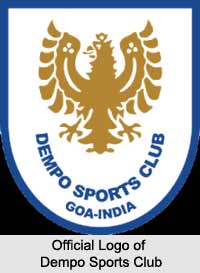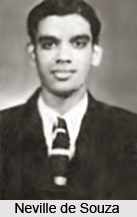 Neville`s football career began with Goan Sports Clubbefore he joined Tata`s. His first taste of international recognition was at the Asian quadrangular at Rangoon in 1954. A year later he led the Maharashtra State team in the Santos Trophy. The Caltex side of the 50s was one of the star attractions in domestic football, and in his very first year in 1958, he helped them to become the first civilian side from Bombay to win the Rovers Cup when they beat Sporting in the final. Neville De Souza`s magic brought India to the pinnacle of glory and had taken India to the very doorstep of an Olympic medal. Some of the teams withdrew from the Olympics at Melbourne in 1956, due to the prevailing political condition and thus India were given a direct entry into the quarterfinal, which the Indian players grabbed it with both their hands.
Neville`s football career began with Goan Sports Clubbefore he joined Tata`s. His first taste of international recognition was at the Asian quadrangular at Rangoon in 1954. A year later he led the Maharashtra State team in the Santos Trophy. The Caltex side of the 50s was one of the star attractions in domestic football, and in his very first year in 1958, he helped them to become the first civilian side from Bombay to win the Rovers Cup when they beat Sporting in the final. Neville De Souza`s magic brought India to the pinnacle of glory and had taken India to the very doorstep of an Olympic medal. Some of the teams withdrew from the Olympics at Melbourne in 1956, due to the prevailing political condition and thus India were given a direct entry into the quarterfinal, which the Indian players grabbed it with both their hands.
On December 1, 1956, they sprang a surprise by beating the hosts Australia by 4-2. India took the lead after 9 minutes through Neville`s opportunistic header, but Australia`s Morrow neutralized the lead within 8 minutes. Neville was once again at his opportunistic best in the 33rd minute, when goalkeeper Lord failed to collect cleanly from PK Banerjee. The resultant fumble was slammed in by Neville to give India the lead again. However, Morrow made it 2-2 when he beat the Indian goalkeeper SS Narayan. India dominated the second half and D`Souza quickly scored his hattrick while Kittu completed the scoring in the 80th minute. The Aussies who were beaten by the Indians called it a "fluke" and demanded a rematch, which India won, with Neville scoring twice.
According to SS Narayan, an ex-Olympian, "Neville`s control was so good that once the ball was in his possession, he was the absolute master. When on the move, his ability to dribble, feint, and his versatility were a delight to watch. He did not use power to score goals, rather his weapon was guile, placing the ball in such a way that goalkeepers had not a chance."
His brother Dereyk de Souza, a former India and Mahindra coach, says Neville also excelled in hockey and could have become a double international. "But football was his first love, and this is why he chose to concentrate on it". Neville`s earlier years were dominated by his hockey exploits - first for St. Xavier`s High School, then St. Xavier`s College and then for Tata`s for whom he brought the prestigious Beighton Cup from Calcutta in his very first year. He also toured East Africa in 1952 with Tata`s, and scored 34 goals in 17 matches, and represented Bombay in the National hockey from 1953 to 1955.
After retiring in 1963 he took to coaching and was on the selection panel of the All India Football Federation. However, this Indian hat-trick hero of the 1956 Melbourne Olympics died of a heart attack in 1980.
